Latest Press Releases

Newer anticoagulant drugs have few studies to provide dentists with recommendations on the need to discontinue their use for dental procedures. Here, the Sacramento Dentistry Group provides advice from an expert on the subject.
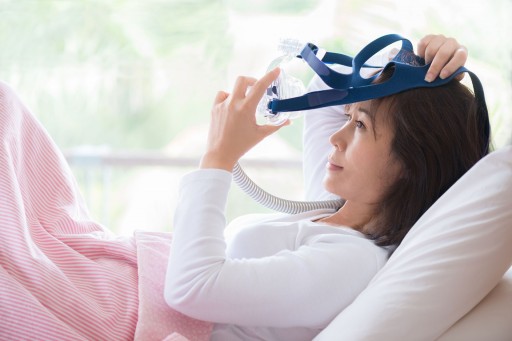
Invisalign is an orthodontic treatment used to correct problems with the position of teeth in the jaw or even the size of the arches of the jaw. CPAP therapy is used to lessen the side effects of sleep apnea. This press release discusses if they can be combined.

Although charcoal is an increasingly popular ingredient in toothpastes and tooth powders (dentifrices), it is not the same material that you find in charcoal briquettes. This article explains why.
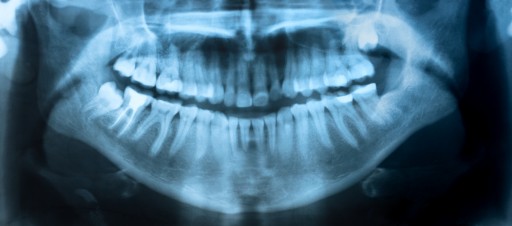
The roots of teeth can be shorter than average due to genetics, trauma, surgery or the reabsorption of the tooth by the body. Whatever the cause, many with this problem wonder how long their teeth might last. Are there complications involved?

Neem is a popular tree in the Middle East and Asia for use in oral health care. As neem products become available in the United States, many dental patients wonder if it is actually effective at preventing bacterial growth and for use in curing gum disease.

Bruxism is the unconscious grinding or clenching of teeth, leading to damaged enamel and dental appliances. A major review recently released looks at who gets bruxism, factors associated with it and the only treatment considered effective by the evidence.
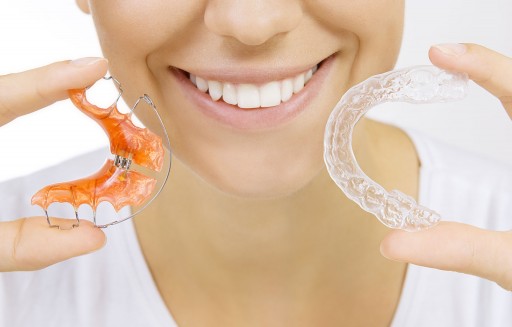
After receiving orthodontic treatment, patients are assigned a retainer. Removable retainers may be worn only at night or throughout the day. Can these retainers harbor bacteria and lead to cavities?
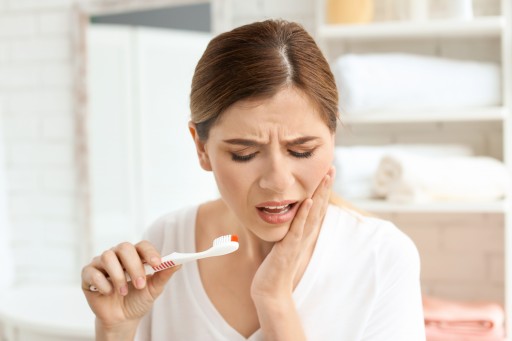
Mucoceles are benign cysts that form from salivary fluid inside the mouth. This press release discusses the most common causes of mucoceles, how to prevent them and how they are treated.

A recent survey by a dental insurance company indicated that dentists prefer their patients eat chocolate over all other types of candy. Why does the popularity of this confection in the public eye match with its acceptance by many dentists?

A recent study demonstrates that air pollution is connected with higher rates of oral cancer. Ozone and fine particulates (below 2.5 microns) are especially concerning. Oral exams help catch oral cancers early.

Brazilian dental studies have researched why mouthguards work and how they prevent teeth and bones from breaking during sports collisions. The Sacramento Dentistry Group provides much information about mouthguards on their website.
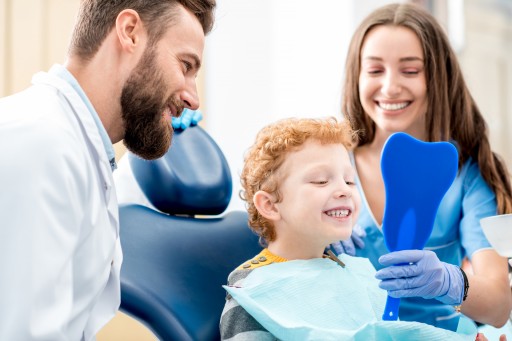
Congress recently passed the Action for Dental Health Act. A major provision of this act is the promotion of the dental home concept. What is a dental home and how do people find one?

For certain patients, a dental office takes their blood pressure before they receive care. Why might a dentist or hygienist care to do this and what does it have to do with a dental patient's health and wellness?

A commonly asked question is whether a hat can be worn while sitting in a dental chair. The answer is straightforward and reasonable and relates to the job of the dentist and other staff members.
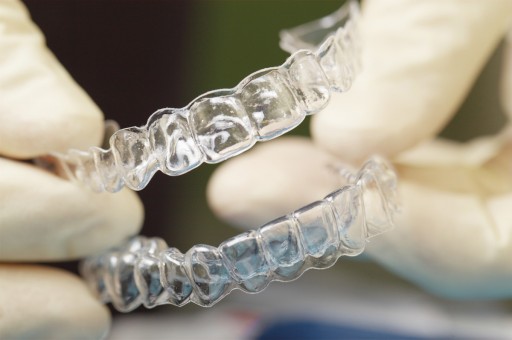
Certified "do-it-yourselfers" and people who like to save money have asked if they can fix a mouthguard or nightguard that is worn out with holes. Here the Sacramento Dentistry Group explains why this is a bad idea.
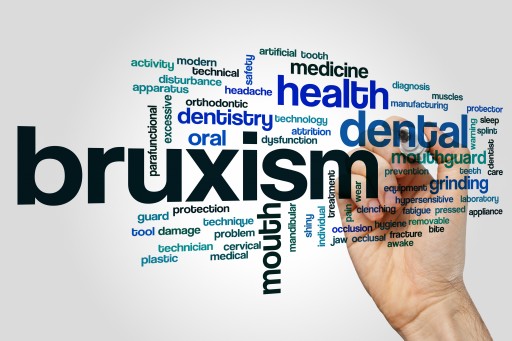
Tori are abnormal growths along the lower or upper jaw, while bruxism is grinding or clenching the teeth, usually during sleep. A connection has been noticed between the two, but does it stand up to scientific examination? Does one lead to the other?

Many promote vaping as a healthier alternative to tobacco smoking. Does this mean that e-cigarettes are also an alternative when using Invisalign clear aligners?
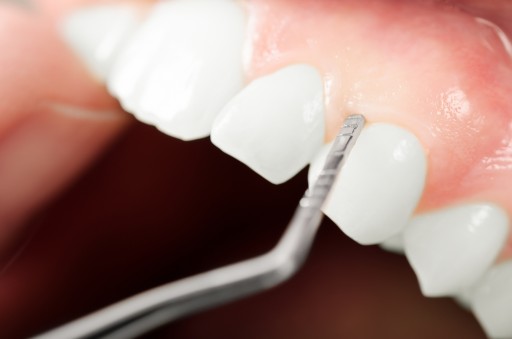
Pinhole surgical technique or PST has rapidly become one of the most popular ways of treating severe gum recession, both for dentists and their patients. Compared to tissue grafting, PST has a much shorter recovery time and results in far less post-procedural pain. Is the procedure covered by dental insurance is the only remaining question.

Many patients wonder just how long they have to wear clear aligners like Invisalign every day. For example, must the aligners be worn while they sleep? This press release answers a patient question on the subject.

Mouthwash is a common oral hygiene accessory, but is it necessary for all people to use it? Here the Sacramento Dentistry Group looks at why mouthwash is effective for some people and what problems mouthwash can help solve.
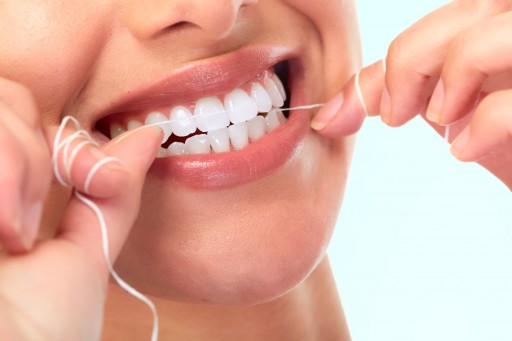
Fluoride dental floss has been available for many years. Many patients wonder if this product is actually as effective as other means of applying fluoride to the teeth. A review of the scientific literature helps answer this question.

Will the metal supports in a dental bridge, or the brackets and wires that make up orthodontic braces, set off metal detectors? This press release looks at whether wearing these things is safe and if they will delay your travel plans as you go through security.

Cautionary Advice from the Sacramento Dentistry Group

Americans drink tremendous amounts of coffee and cola every year. Depending on personal habits, this can lead to significant tooth stains. Which of these drinks is of greater concern and why?
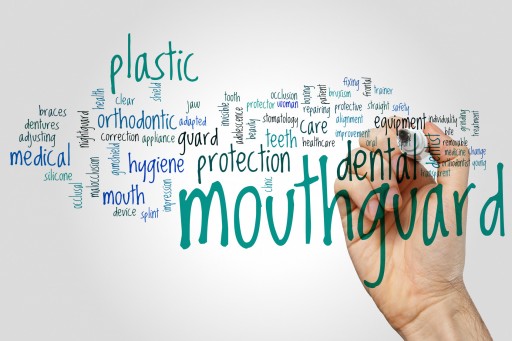
Some concern is voiced around the Internet that clear aligners, mouthguards, nightguards and similar devices lead to cavities. Here are specific suggestions on how to prevent a mouthguard from becoming a home for relatively large numbers of bacteria.

A common question is whether bones and teeth are made of the same tissues. While they are composed of many of the same elements, different cell types are responsible for their structure. Learn more and other vital facts in this press release.

Tongue spurs sound like a kind of growth around the tongue. Actually, they are a training device for people with a specific bite problem. This article explains how tongue spurs retrain the tongue to prevent open bite.

Many people need a mouthguard at night to prevent damage from bruxism, the unconscious grinding of the teeth that happens while some people try to sleep. Unfortunately, if a mouthguard doesn't fit well, sleep can be hard to find. Here is a solution.

Dental patients often wonder how long their teeth will last. From a durability aspect, teeth are one of the hardest parts of the human body. They are also subject to a harsh environment, filled with acid-producing bacteria and subject to great stresses. Here is advice on making teeth last a lifetime.
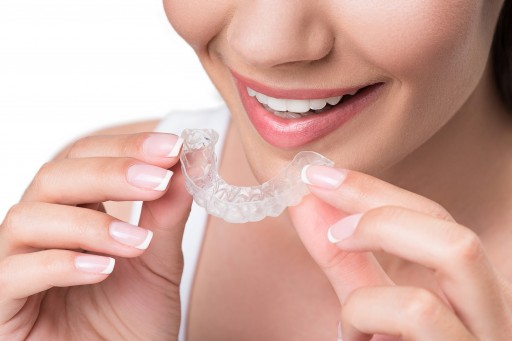
Mail order orthodontics are often touted on social media. Just because they worked for one person, will they work for everyone? Are there consequences of not having a dentist or orthodontist examine the mouth first? What can happen if orthodontics are performed without x-rays?

For many years, dentists and doctors were discouraged from using doxycycline with children, due to the potential for tooth staining with tetracycline-derived antibiotics. Newer data suggests otherwise for doxycycline.

Many people enjoy drinking soda, so why do dentists so routinely condemn it? This article highlights the two main problems with soft drinks as it relates to tooth decay. Solutions to the problem beyond cutting the soda habit are mentioned.
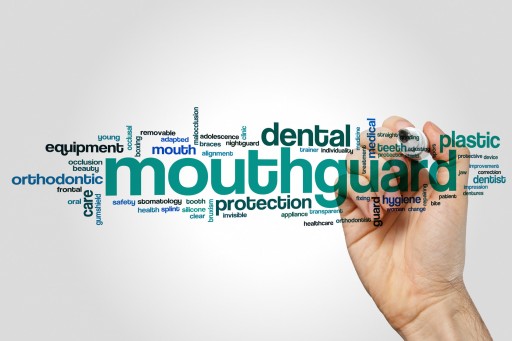
Mouthguards are easily purchased at pharmacies and sporting goods shops. Even discount stores now sell a brand of mouthguard. Whether or not these mouthguards are effective is another matter. The most effective and comfortable type of mouthguard is customized to fit the patient.
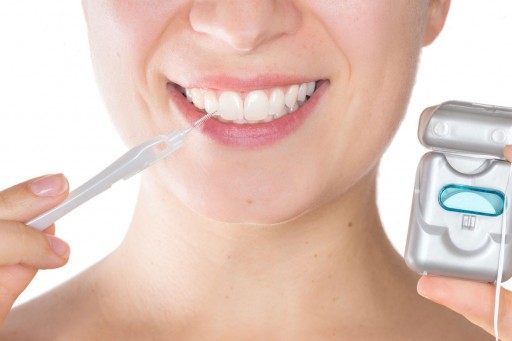
Patients often ask which is better, the interdental brush or dental floss. The answer to this question is more nuanced than simply ranking one tool over the other. Both methods of cleaning between the teeth have their advantages.

Invisalign uses clear aligners to correct imperfect teeth and arches. Although treatment usually provides great benefits to sleep apnea patients, what happens if they are already wearing an oral appliance to improve their breathing? Here we answer patient questions by describing how this problem is resolved.
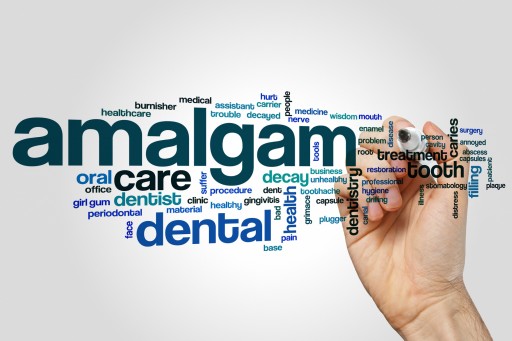
If a patient breaks or loses a metal filling, what should they do with the broken amalgam? Herein we discuss why mercury amalgam should be disposed of properly at a dental office and how to bring the amalgam to your dentist.

A morning cup of coffee is routine for many Americans, but what constitutes a "cup of coffee" anymore? Do the coffee drinks of today have much in common with the phrase "one lump or two," and how does that affect the oral health?
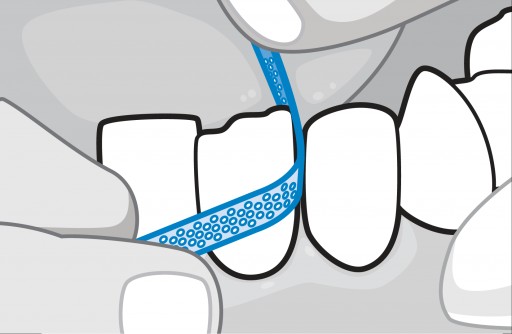
Interproximal reduction, or IPR, is a dental technique used to create space between the teeth. Since it involves removing some of the enamel, many patients worry about its consequences. How much is removed? What does that represent? Why is it typically done?
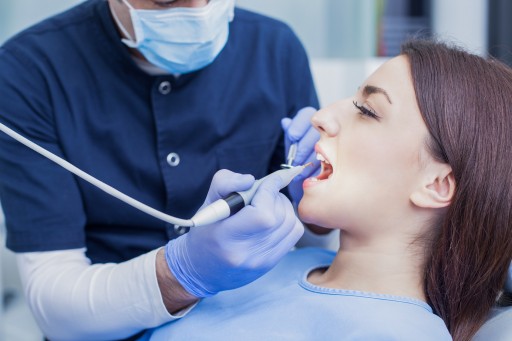
Dental amalgam may contain mercury, but it is still considered safe by both the American Dental Association and the Food and Drug Administration. Nevertheless, there are patients that the Sacramento Dentistry Group does not consider good candidates for use of dental amalgam.

Products from the neem tree are traditionally used in its indigenous country of India for oral hygiene. Now its observed anti-inflammatory properties are being touted for pain treatment, including that caused by TMJ syndrome. What is indicated by the scientific literature and have any reputable human studies been performed?

Many people drink decaffeinated beverages for various reasons — to avoid insomnia, to lower their blood pressure, and simply to avoid caffeine. Will such steps also help to keep their teeth whiter? The answers lie in understanding the ingredients that cause tooth stains.
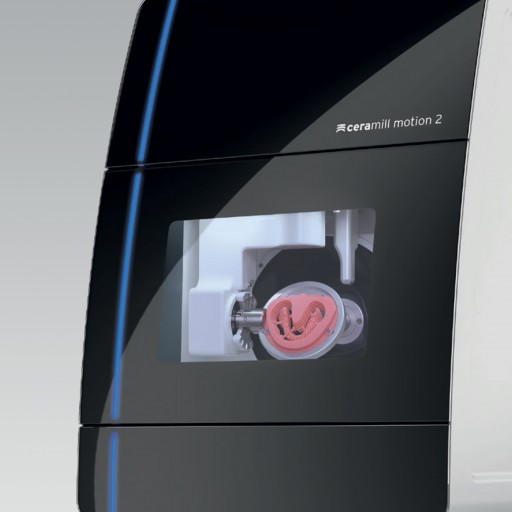
The Sacramento Dentistry Group recently purchased the Ceramill Motion 2. This countertop milling machine can form all sorts of dental appliances using digital technology. Keeping the system in-house guarantees superior delivery for our patients.
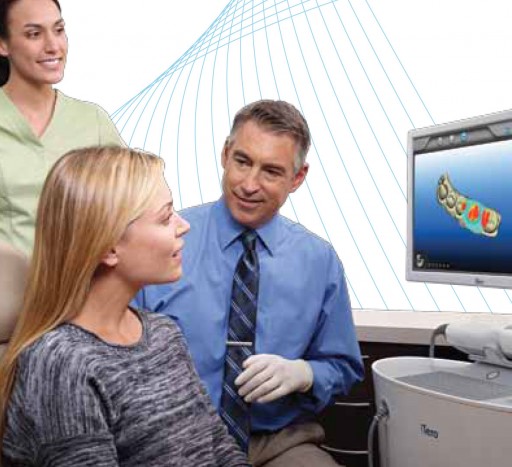
Intraoral scanning has changed the way dentists take images of the teeth and gums. Before, sticky dental molds captured an impression of teeth as the patient bit down on a tray of plaster. Today, you can take better images with the iTero digital scanner and the newest system available is the Element.

Patients with dentures worry about various types of delicious foods, including cherries, staining their false teeth. Unfortunately, this fear has a solid basis in fact! Nevertheless, patients can still enjoy healthy foods and white dentures. This article explains what causes such staining from cherries and how to handle it.

Polyphenols provided by cranberries are believed to have benefits for oral health and studies also appear to back up this claim. What are some potential consequences of a high cranberry diet in the United States?

Pains or aches in the mouth can unfortunately be caused by many different problems, each with its own solution. It takes an experienced dentist to diagnose the cause of mouth pain. Any type of mouth pain warrants a trip to the dentist to determine its source.

Lip piercings are a common form of jewelry, but they come with side effects. Can one of these side effects be bad breath? The Sacramento Dentistry Group uses its history with patient visitations and research to answer this question.
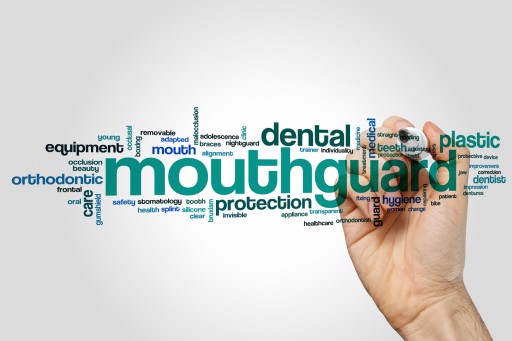
Mouthguards regularly prevent sports injuries around the world. Their necessity is seldom questioned, but is a customized mouthguard really essential? Why mouthguards are needed and why customizing is effective are discussed in this article.
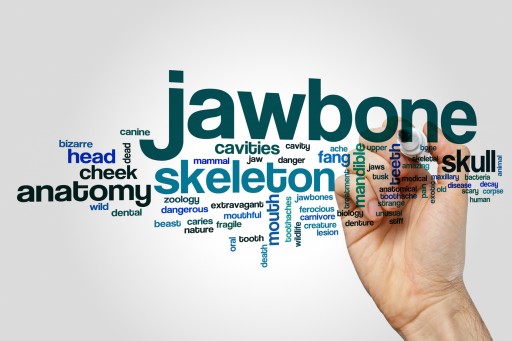
Tori or tori mandibulares represent a subject of increasing interest on the Internet. What are they? What causes them? And do people need to worry about them? This article answers these questions.
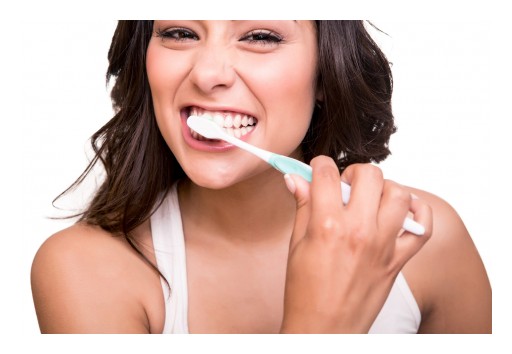
Patients ask if there is such a thing as brushing too much. The truth is that even a good thing can be done to excess. Various factors are involved in deciding how much is too much, and these are discussed in this article.
